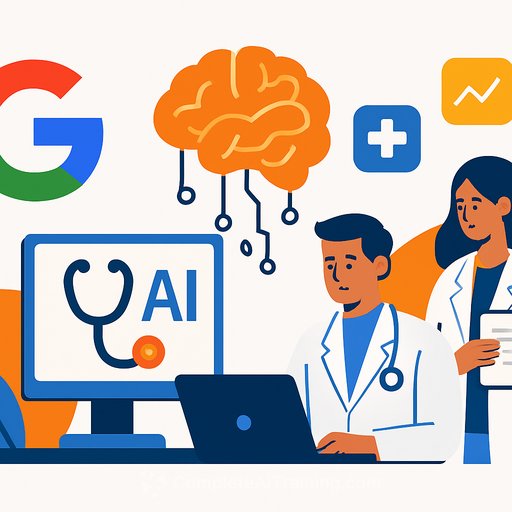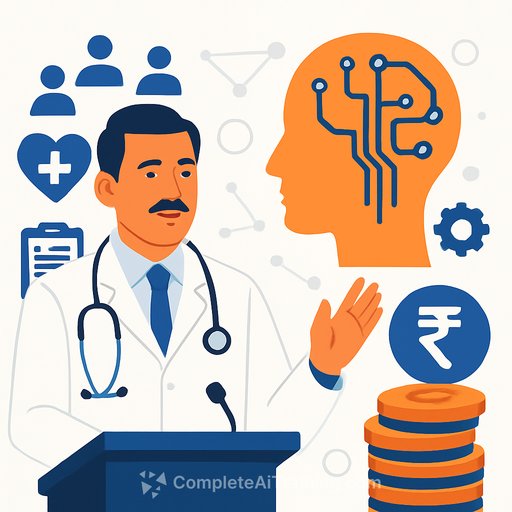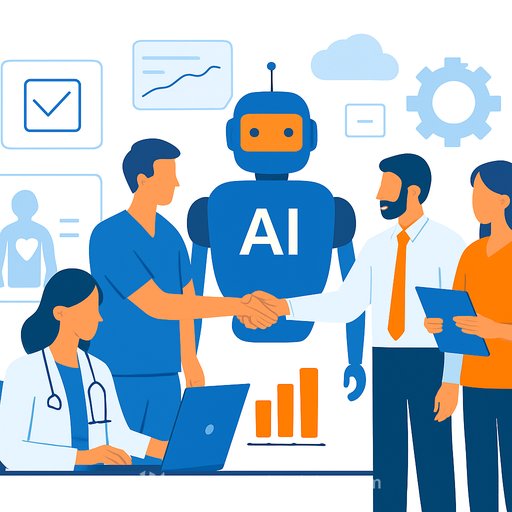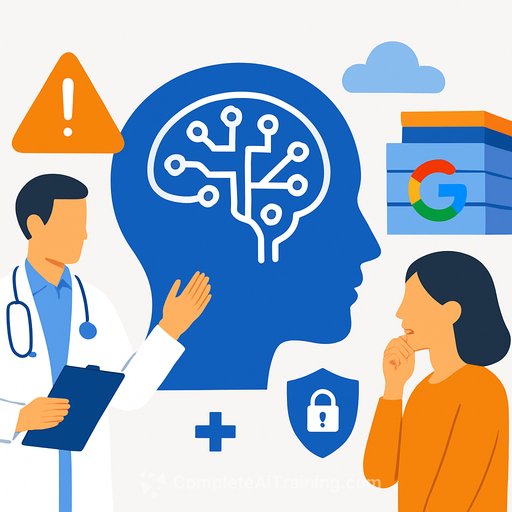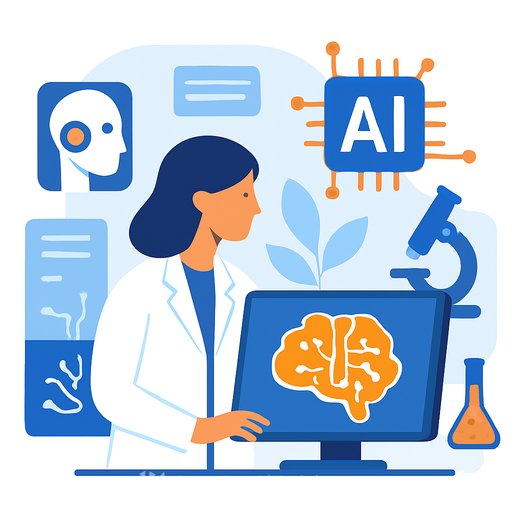Google’s Open MedGemma AI Models Could Transform Healthcare
Google is changing how healthcare developers access AI by releasing its new MedGemma models openly, rather than locking them behind costly APIs. The latest models—MedGemma 27B Multimodal and MedSigLIP—are available for hospitals, researchers, and developers to download, customize, and run independently. This open approach could have a significant impact on healthcare AI adoption.
MedGemma 27B: AI That Sees and Reads Like a Doctor
Unlike earlier models that only processed medical text, MedGemma 27B can analyze medical images alongside textual data. It can interpret chest X-rays, pathology slides, and patient records spanning months or years, integrating this information for a more comprehensive understanding. On MedQA, a common medical knowledge benchmark, it scored 87.7%, rivaling larger, more expensive models while costing only about one-tenth as much to operate.
The smaller MedGemma 4B model is compact but effective, scoring 64.4% on the same tests. When US board-certified radiologists reviewed chest X-ray reports generated by MedGemma 4B, they found 81% of them accurate enough to inform patient care. This combination of performance and affordability could be crucial for healthcare providers with limited budgets.
MedSigLIP: Lightweight AI for Medical Imaging
MedSigLIP is a 400 million-parameter model focused on medical image analysis. Though small compared to industry giants, it has been trained on diverse medical images such as chest X-rays, tissue samples, skin condition photos, and eye scans. This specialization allows it to detect medically relevant patterns that general AI models might miss.
MedSigLIP bridges images and text: it can analyze a chest X-ray and find similar cases in a database, considering both visual and medical significance. This capability supports diagnostic assistance and case comparison.
Real-World Use by Healthcare Professionals
Early adopters are already putting these models to work. DeepHealth in Massachusetts uses MedSigLIP to assist radiologists by highlighting potential chest X-ray issues that might otherwise be overlooked. At Chang Gung Memorial Hospital in Taiwan, researchers have successfully applied MedGemma to traditional Chinese medical texts, receiving highly accurate answers to staff queries.
Tap Health in India points out that MedGemma avoids common AI pitfalls like hallucinating medical facts. Instead, it demonstrates an awareness of clinical context, which makes it more reliable than generic medical chatbots. This practical reliability is critical when patient care depends on accurate information.
Why Google’s Open-Source Approach Matters in Healthcare
Healthcare has strict requirements: patient data privacy, predictable AI behavior, and the ability to customize tools. Google’s decision to open-source these models addresses these needs directly. Hospitals can run MedGemma locally, tailor it to their workflows, and maintain consistent performance over time.
This level of control is essential for medical applications where reproducibility and data security are non-negotiable. Google emphasizes that these AI tools are not replacements for doctors but aids that require human oversight and clinical validation before deployment.
Expanding Access Beyond Large Institutions
The open-source models lower the barrier to entry for smaller hospitals and research centers worldwide. They can run these models on single GPUs, and smaller versions even work on mobile devices. This accessibility makes AI assistance possible in settings without advanced computing infrastructure.
With ongoing staff shortages and growing patient demands, tools like MedGemma have the potential to ease workloads by supporting clinical decisions and reducing errors. They amplify the capabilities of healthcare professionals rather than substituting their expertise.
For healthcare professionals interested in expanding their AI skills, exploring relevant courses can provide practical knowledge on integrating AI tools effectively. More information on AI training can be found at Complete AI Training.
Your membership also unlocks:

